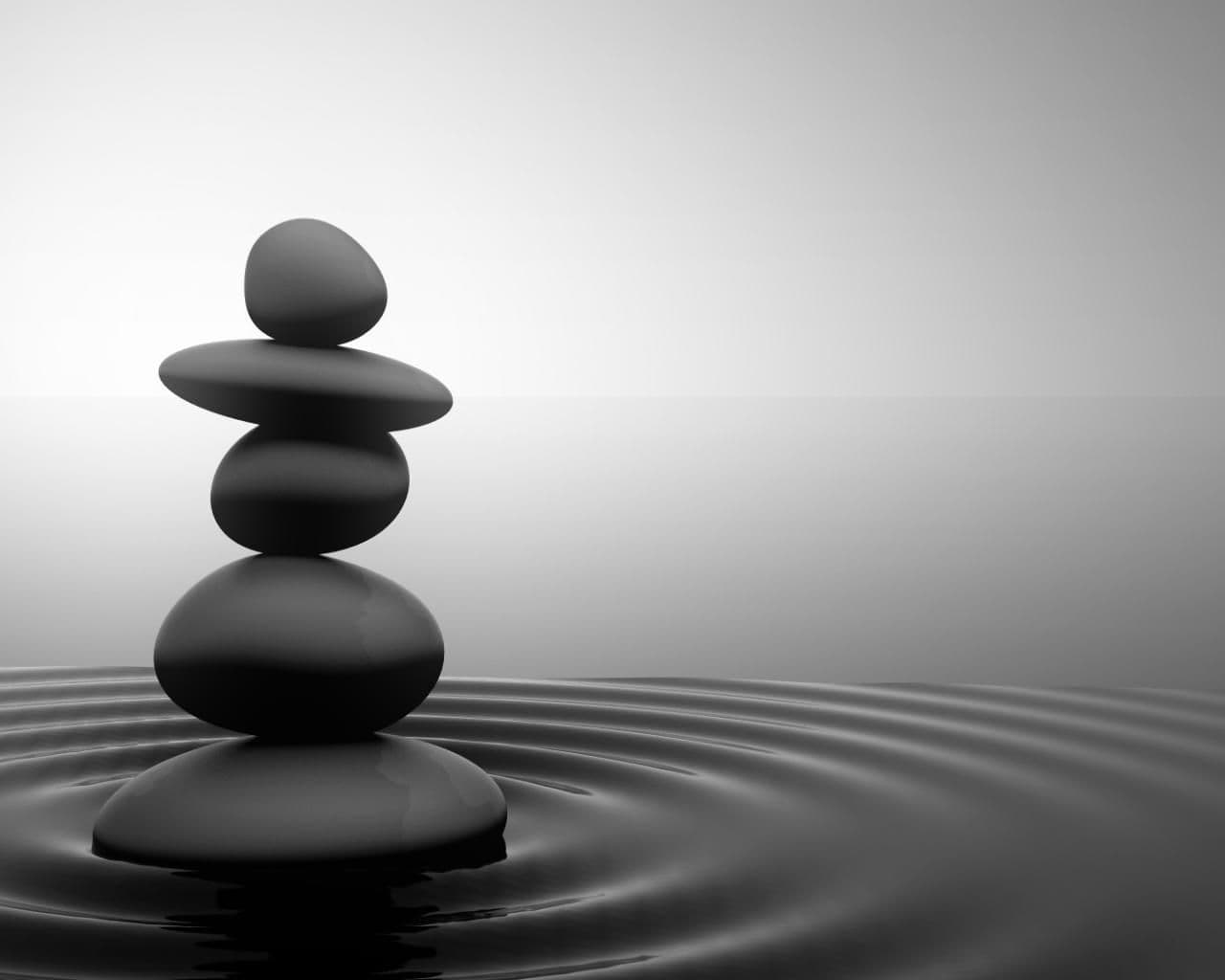Dreams have long been a mystery that humanity has sought to understand. They are windows to our subconscious, offering insights into our deepest thoughts, fears, and desires. One particularly intriguing subject of dreams is the concept of Zen – often associated with harmony, balance, and enlightenment. For a young woman navigating the complexities of life, dreams involving Zen can hold significant symbolism and offer guidance on love, relationships, abundance, personal growth, and career. This comprehensive exploration delves into the symbolism of Zen in dreams, drawing on folklore, psychology, and cultural interpretations, to provide a detailed analysis aimed at understanding these profound dream experiences.
The Symbolism of Zen in Dreams
Zen, a term deeply rooted in Buddhist meditation practice, symbolizes peace, simplicity, and self-discovery. When Zen appears in dreams, it suggests a longing for balance and tranquility in the dreamer’s life. Dreams involving Zen can manifest in various scenarios, such as meditating in a serene garden, encountering a Zen master, or being surrounded by Zen-inspired art. Each element within the dream, from actions to colors and shapes, contributes to its overall symbolism.
Actions and Scenarios
- Meditating: Dreaming of meditating in a Zen-like state suggests a search for peace and introspection. It highlights a journey towards self-discovery and the quest for inner wisdom.
- Seeing Zen Symbols: Encountering Zen symbols, like the enso circle or a Zen garden, signifies a desire for simplicity and a reminder to focus on the present moment.
- Interacting with a Zen Master: Symbolizes seeking guidance and wisdom on your life’s journey. It suggests a need for mentorship in achieving spiritual balance.
- Destroying Zen Elements: Represents resistance to change or the struggle to break free from stress and complexities burdening your life.
Color Symbolism
Colors in dreams involving Zen hold significant meaning. White, often associated with Zen, symbolizes purity, peace, and new beginnings. Black, representing the unknown and infinite possibility, invites introspection and signifies the deep, unexplored parts of oneself. Green, reminiscent of nature and growth, encourages personal development and harmony with the natural world.
Cultural Interpretations of Zen Dreams
Different cultures interpret dreams of Zen through various lenses, each adding unique insights into their potential meanings:
- Eastern Cultures: In cultures where Zen Buddhism originated, dreams involving Zen are seen as auspicious signs of imminent spiritual growth or enlightenment. They’re often interpreted as messages from the subconscious guiding one towards achieving balance and inner peace.
- Western Cultures: Western interpretations tend to focus on the psychological aspects, viewing Zen dreams as manifestations of a desire for escape from the chaos of daily life or as expressions of inner tranquility and contentment.
Psychological Perspectives
The psychology behind dreaming of Zen revolves around the concepts of self-realization and the search for inner peace. Carl Jung, a pioneer in dream analysis, posited that such dreams could be manifestations of the collective unconscious, revealing universal archetypes that resonate with personal growth and balance. Dreams involving Zen may also reflect the dreamer’s mental state, indicating stress, anxiety, or the need for a more balanced lifestyle.
Dream Scenarios and Their Interpretations
- Eating or Drinking Zen-like Elements: Suggests nourishment from peaceful and simple pleasures. It highlights the importance of savoring life’s moments and finding sustenance in tranquility.
- Buying Zen Artifacts: Implies a conscious effort to incorporate balance and mindfulness into your life, signaling readiness for positive change.
- Playing Zen Instruments: Represents harmony and creativity. It suggests a blending of different aspects of your life into a peaceful coexistence.
Expert Opinions and Studies
Psychologists and dream researchers have long studied the implications of such dream themes. According to Dr. Jane Teresa Anderson, a dream analyst, dreams that involve themes of Zen are indicative of the dreamer’s subconscious quest for calm and equilibrium amidst life’s turmoil. Studies in the field of dream psychology often emphasize the therapeutic aspects of such dreams in navigating personal challenges and fostering spiritual growth.
Practical Advice for Interpreting Zen Dreams
For individuals frequently dreaming of Zen, these visions can be both enlightening and perplexing. Decoding these dreams involves introspection and a willingness to confront both the serene and tumultuous aspects of one’s life.
- Keep a Dream Journal: Documenting your Zen dreams can help identify patterns and themes, offering clues to their deeper meanings related to your life’s journey.
- Reflect on Current Life Situations: Consider the aspects of your life that could be seeking balance or causing stress. Dreams of Zen often appear as signals urging you to slow down and reassess your priorities.
- Seek Harmony in Daily Life: Incorporate Zen principles such as mindfulness, meditation, and simplicity into your routine. This practical application can mirror the guidance your dreams are suggesting.
- Consult with a Dream Analyst or Therapist: For deeper insights, consider discussing your dreams with professionals who can offer personalized interpretations and guidance on your path to self-discovery and balance.
Conclusion
Dreams involving Zen speak to the profound quest for balance, peace, and understanding in our lives. For the young woman on her journey of self-discovery, these dreams can serve as powerful guides towards achieving personal growth, love, abundance, and career fulfillment. By exploring the symbolism, psychological interpretations, and cultural perspectives of Zen in dreams, and embracing the practical advice provided, one can find the key to unlocking their subconscious desires and navigating the path towards a harmonious life.
In the realm of dreams, Zen emerges not as a mere concept but as a beacon guiding us towards serenity and self-awareness. As we delve into the depths of our subconscious, let the tranquility and wisdom of Zen illuminate our path, revealing the infinite potential for balance and enlightenment within each of us.
